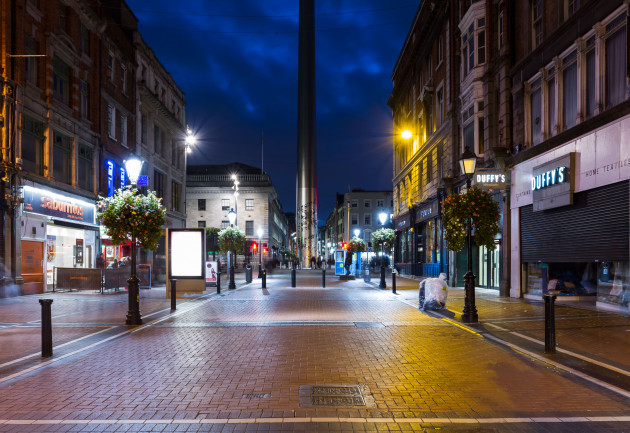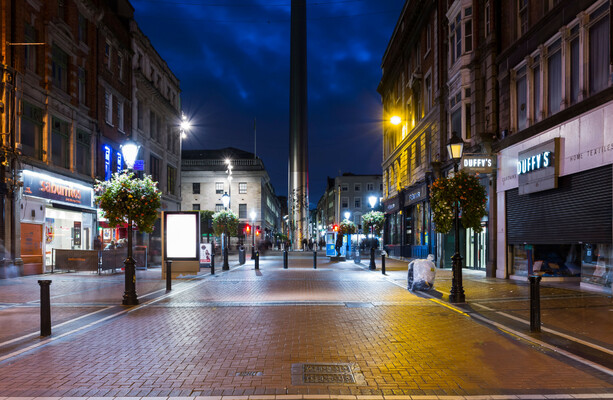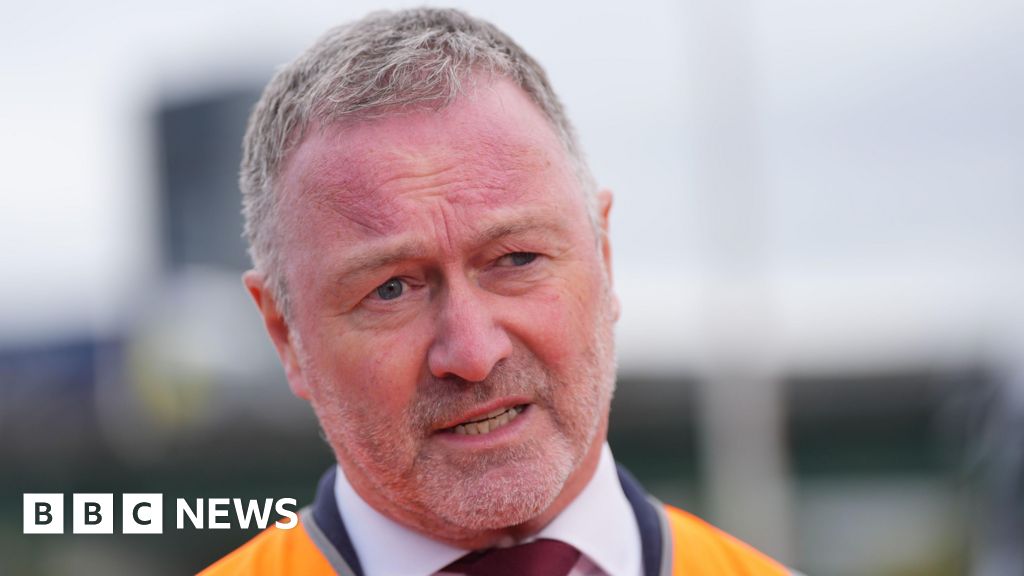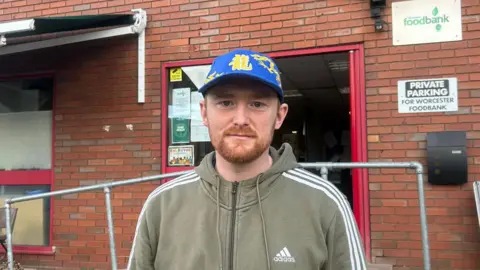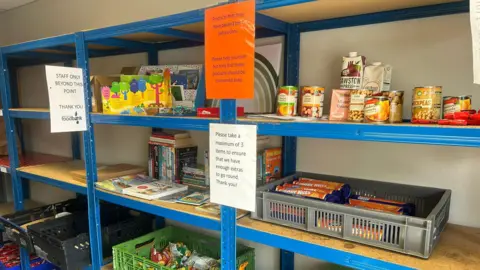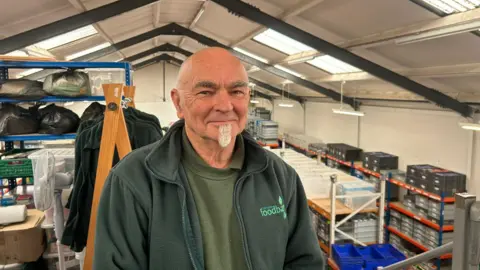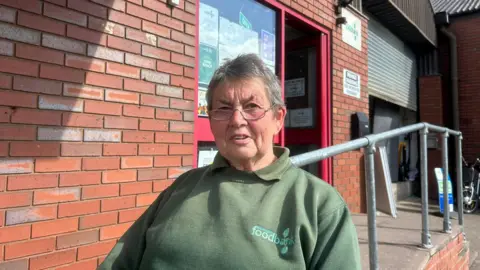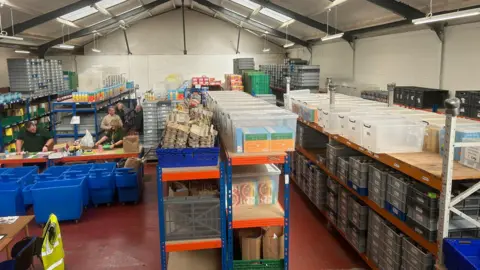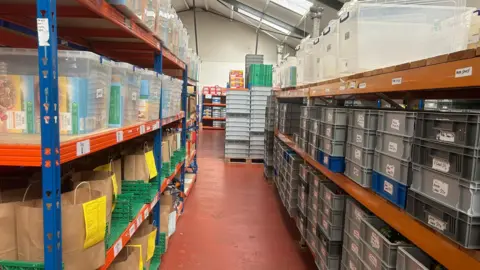THIS WEEK, DUBLIN TOWN called for curfews and exclusion zones in the city centre. Last week, the Government backed calls for curfews on young people, fines for parents, and even a mini criminal assets bureau to confiscate PlayStations. When I raised the wider issue of violence in the city centre with Jim O’Callaghan in the Dáil this week, his reply was that we should all try to “get more positive” about Dublin.
I love this city, but you don’t make people feel safe by telling them to look on the bright side. You can’t wish safety into existence.
I talk to people in my community every day. No one is denying that the level of violence has gone up. Youth workers in the Inner City are saying the rise in fear, intimidation and gang violence has reached a point where they feel unsafe just doing their jobs. As someone who worked in youth services before politics, that’s an escalation I never thought we’d see. Council staff in our parks have told me the same. We’ve all witnessed the incidents on the quays and on main streets that have chipped away at people’s trust in the safety of our city. That should shock us. People have every right to be angry.
Curfews only target a small cohort of young people who are already on the margins, and they bake in the stigma. Most teenagers around the city are just trying to hang around with their mates, play football or have a laugh. A curfew doesn’t distinguish between them and the few who are getting caught up in violence. It casts a blanket suspicion, and once you label a teenager as an outsider in their own city, you make the road back into school, work and training far steeper.
Failed policies
We know this doesn’t work. The UK tried ASBOs and local curfews in the 2000s. Breaches were commonplace, problems just shifted from one street to another, behaviour hardened and the trust in services broke down. In the end, the policies were scrapped. So why would we repeat the failure?
People love to talk about the “Iceland model” as if a curfew was the magic fix. What really happened there, though, was investment. Children got a grant to join a team or arts group, communities got proper resources and parents were supported. That’s what actually turned things around.
It wasn’t a clock telling them to go home that changed behaviour. It was opportunity. Take away the investment and all you’re left with is a curfew, and that on its own is both pointless and wrong.
This government has form here. We’ve had two different taskforces in the last decade. The City Centre Taskforce that Simon Harris announced last year to great fanfare, has never been resourced. It exists only in press-release form, and that’s insulting to the people who live and work in city.
We already had the NEIC initiative, set up after the gangland feud in the North East Inner City. It got €50 million in funding across seven years. Well-intentioned? Yes. But it completely misunderstood the issues it was meant to confront. The core harms that sparked it are still their today: families living with debt intimidation, open drug markets when you open the front door and long waits for basic services.
When a flagship programme doesn’t deliver on the problems it was meant to fix, the answer isn’t another press release or photo-op for ministers. It’s straight answers and proper funding to deliver what was promised. So what would make Dublin safer?
Practical solutions
Youth services: fund them properly and keep them open late. Put outreach workers on the streets where the issues are real. Teenagers need places to be and adults they can trust. Every youth worker and parent up and down the country knows this.
Bring back community policing. People feel safer when Gardaí are on foot, when they know them by name, and when they are around at the hours when trouble actually happens – evenings, weekends, school holidays. It also needs continuity so relationships can grow.
We need consequences that work, like restorative justice and diversion schemes work. The evidence backs that. They make a young person face the harm, make amends and stick with real programmes that turn things around. And if someone breaks the rules, act fast. It cuts repeat offending far better than blanket bans ever could, and costs less than court or custody.
Support families. Addiction, mental health and debt intimidation don’t stop at five o’clock. Put counselling, youth mental health, and debt supports into the communities carrying the heaviest load. When a family asks for help, the door should open straight away, not weeks later and after a pile of paperwork.
Fix the basics: light up the dark corners, clean the lanes, open empty units for activity and make late-night transport reliable. These might sound like small things, but they all add up. Bit by bit, they change how a place feels and how a city is experienced. When you create spaces where people can meet, relax and enjoy the city together, you build connection. That’s what animates in a city that’s inclusive, welcoming and safer for everyone.
Finally, we need accountability. Publish a plan that’s properly funded and has targets everyone can measure. Tell us how many youth workers are being hired, how many youth services clubs are staying open later, how many gardaí on foot patrol are happening in the city centre and at what hours, how many counselling places are being added on the north and south side. Then report on it every month so people can see progress on their own street. Dubliners will back you if you’re straight with them and if they can actually see change.
I’ll always back a positive vision for Dublin. I am proud of my city. But pride without a plan is just noise. Curfews and exclusion zones may sound tough, but they won’t make Dublin safer. Investment, presence, and accountability will. This city belongs to us all, including our young people.
Our challenge isn’t how to get young people off the streets, it’s how do we make the streets theirs too? Our job is to bring them in with opportunity and support. And that’s a challenge worth taking on.
Gary Gannon is a Social Democrats TD for Dublin Central and is the party’s spokesperson for Justice, Home Affairs and Migration.
Readers like you are keeping these stories free for everyone…
A mix of advertising and supporting contributions helps keep paywalls away from valuable information like this article.
Over 5,000 readers like you have already stepped up and support us with a monthly payment or a once-off donation.












